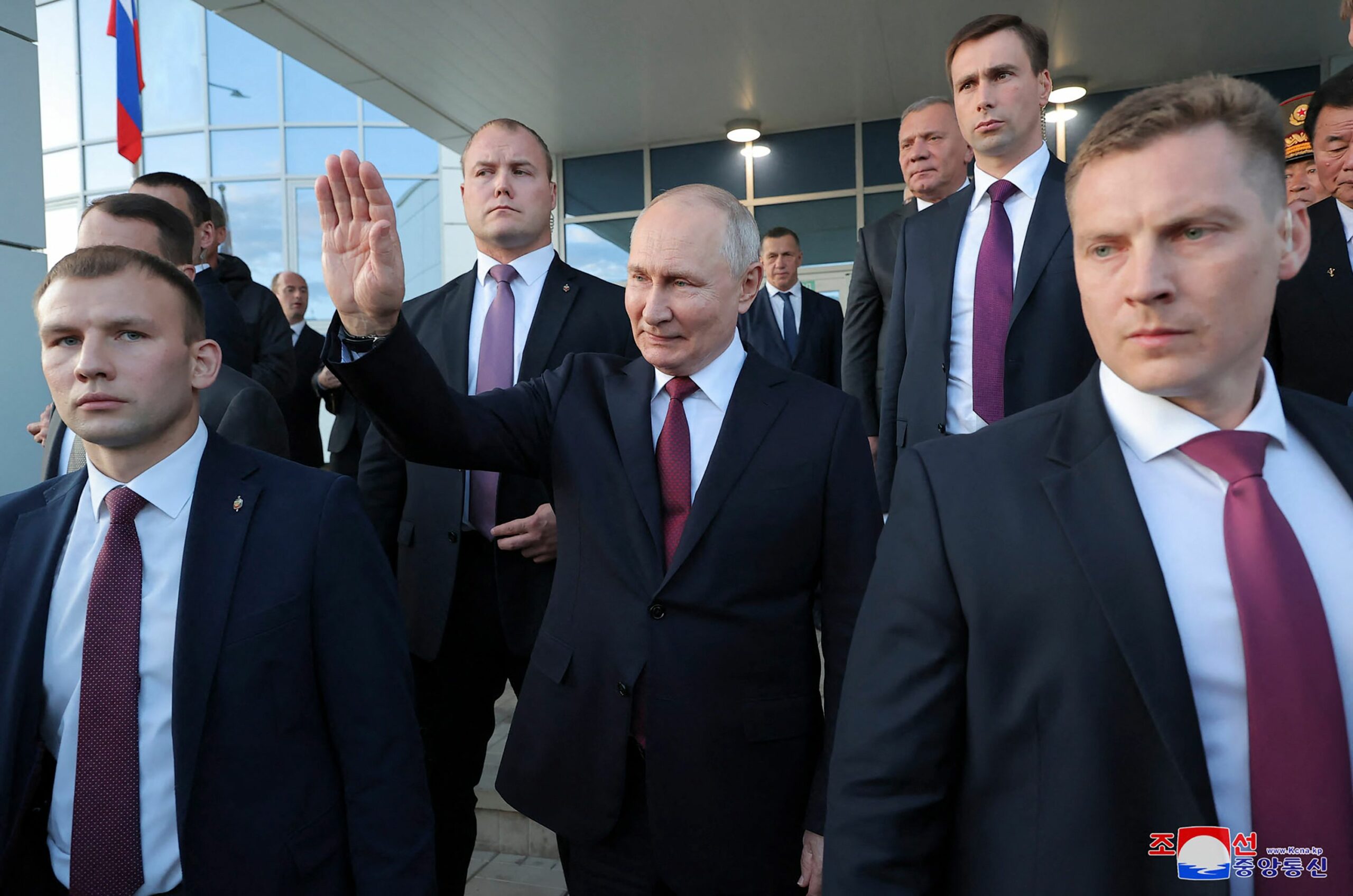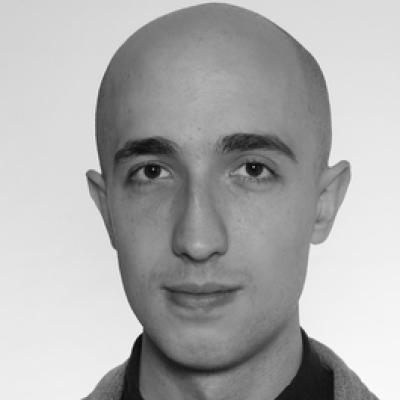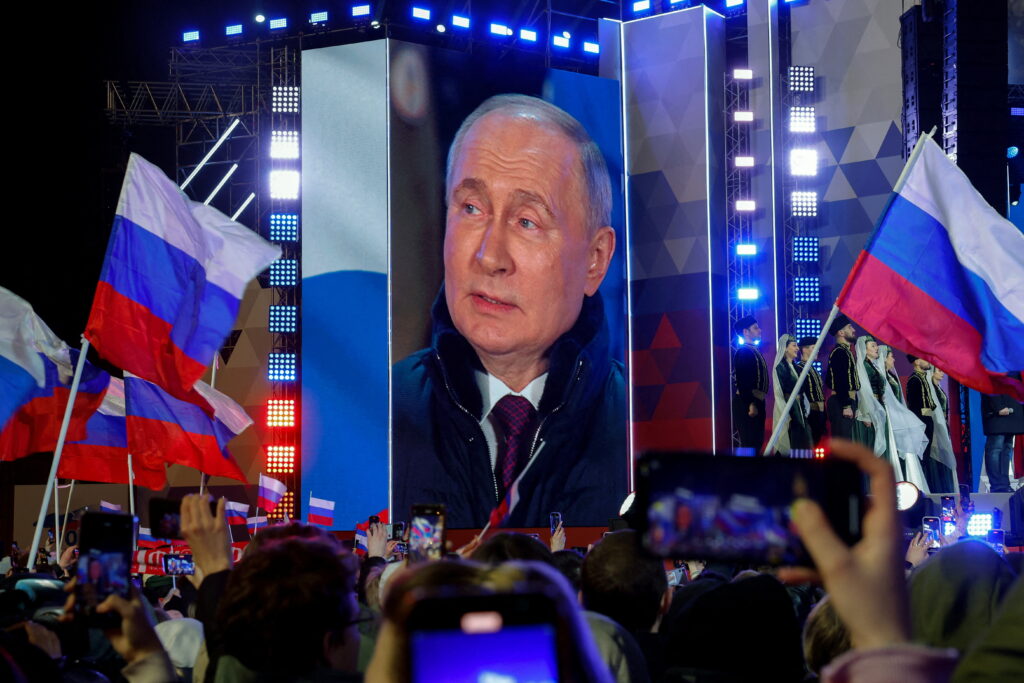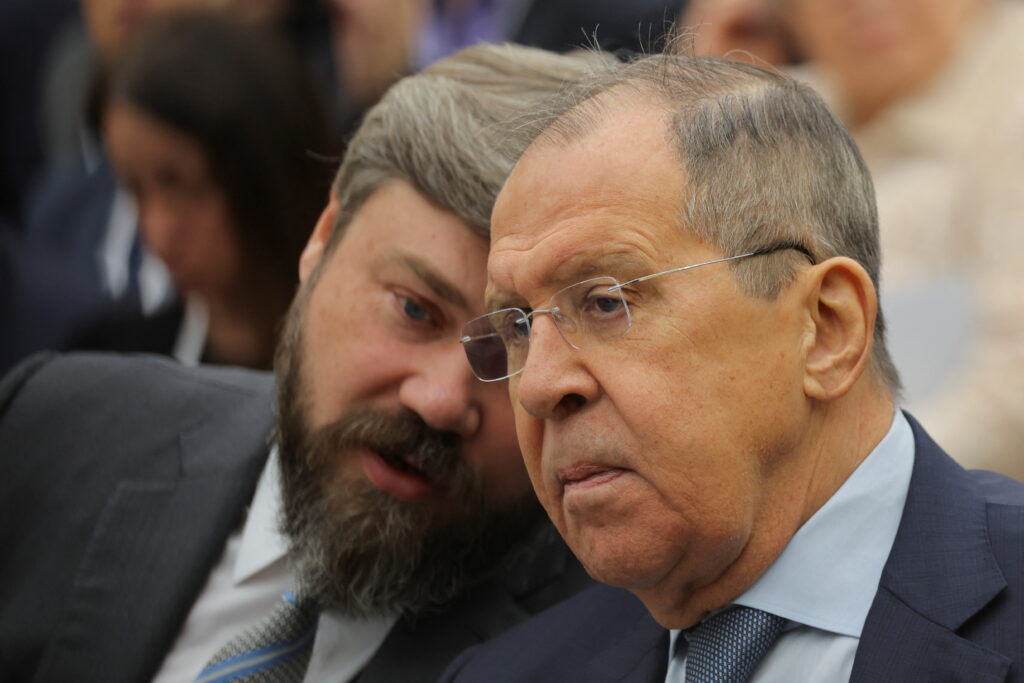Amid the Ukrainian counter-offensive and the fallout from Prigozhin’s challenge to Putin, why is the Kremlin doubling down on its conservative turn? In the last months we have witnessed the expansion of the repressive LGBT ‘propaganda’ law, a move to curb abortion rights, and the continued fusion of state and church. What is driving this expansion in ‘conservative’ policies?
Political reaction has been a theme in Putin’s authoritarian consolidation from day one. In speeches, policies, and official messaging, the Kremlin connects its rollback of universal rights with Russia’s return to great power status. Today’s political reactionary overdrive in the Kremlin today can help us better understand some of Russia’s policies at home and abroad.
The reactionary streak in the Kremlin has been identified but seldom analysed as separate from conservatism. While the two concepts are sometimes conflated and are overall difficult to define precisely, a simple way to distinguish them is by their different attitudes towards historical transformations. Conservatism seeks to stop or limit change driven by reason (as opposed to change driven by, for instance, pragmatism or compromise). Reaction drives for a specific type of change, namely, to restore the authority of tradition over that of universal rights and progress. As Mark Lilla put succinctly, ‘[r]eactionaries are not conservatives’.
The connection between ideas and policies is never straightforward. To attribute a causal power to ideas often underestimates that decisions may also result from transactions or compromise. Plus, there is the question whether the actors truly believe what they say. Yet the Kremlin promotes laws, introduces new policies, and acts internationally as if they believed in these ideas. Therefore, we may approach the Kremlin’s political reaction as more than another instrument in its political toolkit and examine the extent its reaction has an impact on Russia’s policies at home and abroad.
Putin’s reactionary regime
Officially, the Russian government cannot proclaim a compulsory state ideology. Putin is fastidious in giving a layer of legality to the system;it would be anti-constitutional for the Kremlin to ascribe an official ideology to the Russian Federation (explicitly forbidden by Article 13 of the constitution). Not surprisingly, Putin has referred to ‘conservatism’ only in passing, defining himself in 2013 as a ‘pragmatist with a conservative bent‘. Putin has made no similar allusions to reaction.
Yet, the Kremlin’s reactionary narrative is well known. The core of Putin’s reactionary regime is the drive to restore Russia’s superpower status by reducing the West’s influence, which is equated with human rights and ‘decadence’. This sequence fits into Richard Shorten’s framework of reactionary ideology: a conspiratorial framework that plays with a sense of humiliation by decrying supposed decadence. There are many targets for this conspiratorial framing, but NGOs, human rights defenders, and LGBT+ groups are framed by the Kremlin as harbingers of ‘decadence’, ‘Western influence’, and ultimately Russia’s decline.
According to this narrative, the West is attempting to impose its rule across the globe by undermining the traditional values that define this civilisational ‘diversity’. The Kremlin’s particularist vision of human rights hinges on ‘multipolarity’, namely, on the idea that so-called ‘civilisations’ are the only legitimate source of values. This perspective negates prima facie the possibility of universal rights, including human rights. In 2022, Putin compared ‘civilisational diversity’ with biodiversity:
The loss of biodiversity is one of the most dangerous consequences of disrupting the environmental balance. This brings me to the key point all of us have gathered here for. Is it not equally important to maintain cultural, social, political and civilisational diversity?
The upshot is the securitisation of Russian identity and a rejection of universal notions of rights, the latter replaced by a particularistic and relativist version of rights. Back in 2002, Viatcheslav Morozov argued that this position is meant to justify the discarding of human rights and referred to it as ‘Romantic Realism‘.
‘Realism’ refers to the tone of this rejection of human rights. Namely, of cynicism and detachment, both justified by the accusation that human rights are instrumentalised by the great powers. Nowadays, the allusion to ‘Realism’ can also refer to Russia’s insistence on ‘multipolarity‘, a concept derived from the Realist school of IR theory. The ‘Romantic’ element is the insistence on identity and its supposed power to create values. On these bases, ‘Romantic Realists’ oppose human rights as an artificial tool for foreign domination and securitise identities as the only legitimate source of values and norms.
One relatively early example was the 2006 law on NGOs that stipulated that organisations could be denied registration if they were deemed to threaten the ‘sovereignty, political independence, territorial integrity, national unity, unique character, cultural heritage, and national interests of the Russian Federation’ [my emphasis]. A more recent example happened in 2018, when the Chairman of the Constitutional Court Valery Zorkin spoke — in similar terms as above — about the inadmissibility of the protection of human rights infringing on Russia’s national characteristics. In the context of Russia’s 1990s attempts at building a society based on human rights, this particularist or civilisational approach is reactionary.
Putin’s emergent reactionary international theory
While reactionary political thought has been well identified by historians and political scientists, a ‘reactionary foreign policy theory’ remains an ill-defined concept. Addressing this gap, Joseph MacKay and Christopher David LaRoche propose looking at the world politics of political reaction, with Nazi Germany as the ‘diagnostic case’ and the post-Napoleonic Metternich System as a ‘moderate’ case of political reaction in world politics. This framework can offer some clues for discerning Russia’s reactionary themes in its foreign policy.
Two particular foreign policies of Russia connect to the notions of political reaction as described above: the Kremlin’s legitimist bias and role in the global reversal against human rights.
The first element is Russia’s legitimist bias. For years, Russian diplomats have argued that the government authorities of sovereign countries are ipso facto legitimate. In other words, the record of any government in power cannot diminish its claim to legitimacy. This legitimist bias has been an argument used by Russia to oppose the concept of ‘Responsibility to Protect‘, for instance. It has also informed Russia’s intervention in Syria, where Moscow has defended the brutal dictatorship of Bashar al-Assad because it is ‘legitimate’ as opposed to the ‘illegitimate’ opposition.
The same applies to closer to Russia. Starting with the second Chechen War, the Kremlin has generally opposed revolution in neighbouring countries, especially when revolution coincided with the fear of contagion. Russia under Putin has insisted to refer to all revolutions in the area — starting with Georgia’s 2003 velvet revolution — as coup d’états instigated by a conspiracy between local actors and the West or some other vague, nefarious actor.
Most recently, this element came into play when Russia prevented the fall of the Kazakh government in January 2022. By leading the CSTO intervention, Moscow gave the Kazakh authorities the political backing to violently repress the protests happening at the time, thus preventing the country from allegedly turning into ‘another Libya or Syria‘. The upshot is a reactionary foreign policy, where keeping allies in power matches a bias towards the restoration of established authorities because of their supposed ‘legitimacy’.
The second element is connected to Russia’s Romantic Realism and Russia’s role in supporting governments and movements that oppose human rights on particularistic grounds. A clear-cut example is Russia’s role in the global offensive against the human rights of LGBT+ groups. This role has been evident inside Russia for years, most nefariously with the Kremlin facilitating Ramzan Kadyrov’s anti-gay purges and concentration camps.
Abroad, anti-LGBT+ positions have helped Russia to build bridges with the Western far right. Partly thanks to the expulsion of spies under diplomatic cover and the rejection of Russia due to its aggression against Ukraine, Russia’s efforts in this direction have been checked to an extent. In the ‘Global South’ however, Russia has fewer assets and motivations to advance its positions, but sometimes opportunities arise.
Some cases have stood out recently. Ghana, Kenya, and Uganda are among the countries where — in recent years — we have witnessed the passing and adoption of legal frameworks enabling the persecution of LGBT+ groups. The UN High Commissioner for Human Rights, NGOs and activists, and human rights organisations have all pointed to these laws as facilitating persecution and undermining human rights.
Russia has gone in the opposite direction. Russian diplomats and informal agents of influence have made common cause with other local and foreign actors supporting those countries’ recent anti-LGBT+ legislations. Official messaging from Russian diplomats have not only supported these legislations but explicitly framed them as opposition to the West and ‘neo-colonialism’. Informal actors close to the Kremlin also play a role. Konstantin Malofeev — the raider-turned-devout Orthodox oligarch — and his associates have been allegedly involved in funding organisations promoting these anti-LGBT+ legislations.
These cases show that Russia is acting with the intension of spoiling the relationship between the West and countries in other regions. In parallel to that, Russia disseminates a particularistic vision of rights, driven by its Romantic Realism and underwritten by conspiratorial frames and narratives.
Roads not taken
The regime’s scepticism towards universal rights draws from many sources. Despite valiant efforts by human rights defenders in the Soviet Union and Russia, the past leaves few useful legacies for the struggles of today. During the Tsarist era, Russia opposed the French Revolution and the revolutionary currents of the era, including the nascent notions of ‘Rights of Man’ and popular sovereignty. The Soviet Union embraced a revolutionary lineage but held against human rights as conceived by international law and the Universal Declarations of Human Rights, positioning the state and not the individual as the recipient of rights. Putin’s Russia has embraced a similar conception from early on, culminating in the narrative of Russia as a ‘civilisation-state‘, a self-sufficient entity in terms of norms.
None of this was inevitable. The 1990s witnessed the blossoming of the Russian human rights movement. Russia also gained membership in the Council of Europe and the European Court of Human Rights. None of these prevented Putin’s rise and aggression against Ukraine. But in hindsight they attempted to get Russia to take on a different path. Whatever transformations follow in Russia, we must not forget this road not taken.










